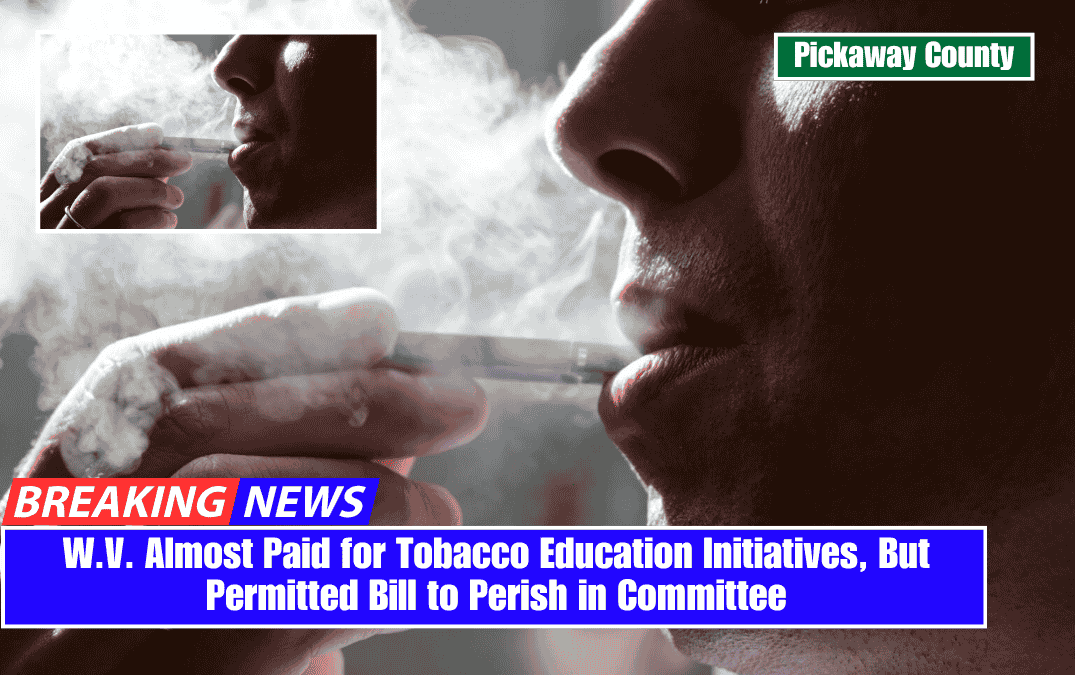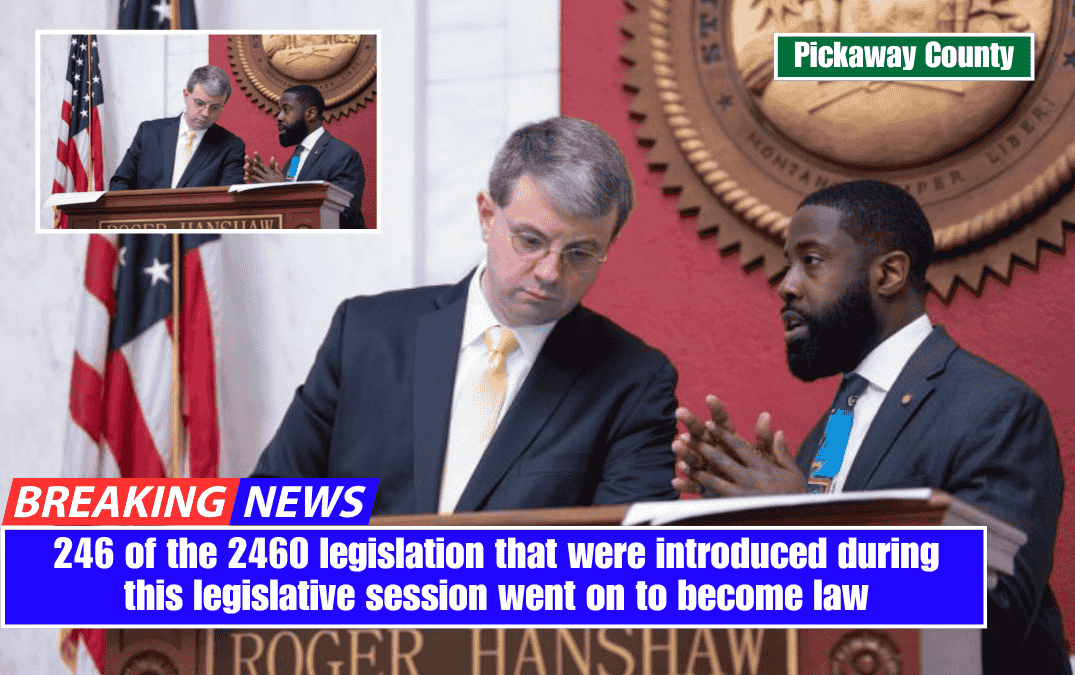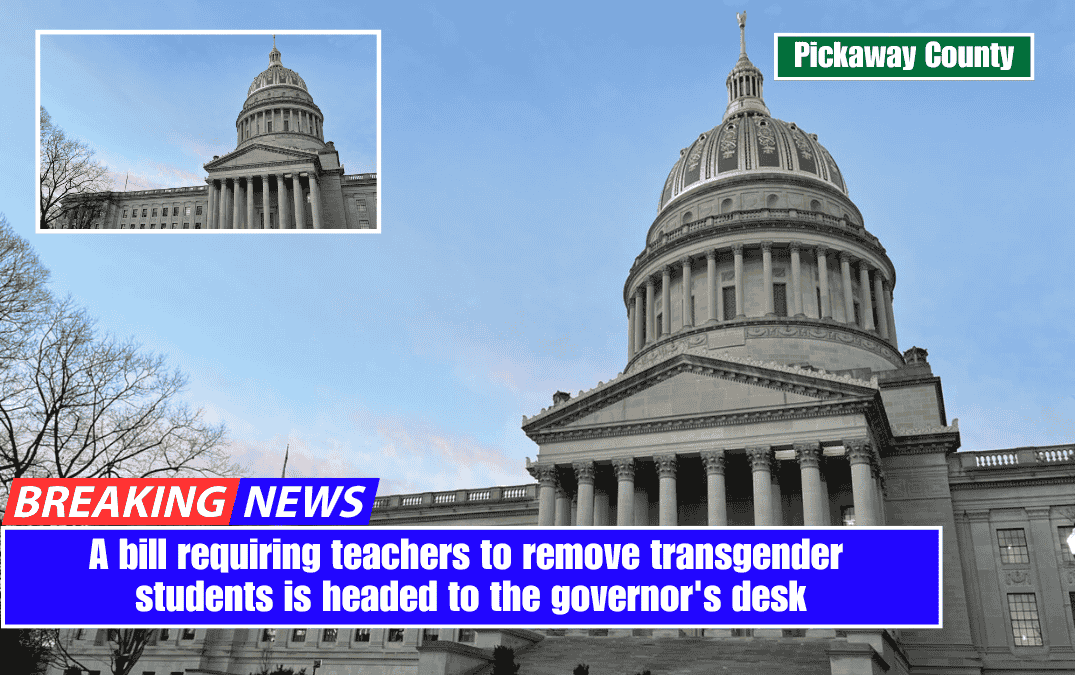In the final hours of the 2025 legislative session, lawmakers in West Virginia fell one bill short of funding tobacco cessation and prevention programs.
In 2023, then-Attorney General Patrick Morrisey settled a lawsuit against Juul Labs, an e-cigarette company, for $7.9 million, alleging that the company was marketing products to underage users in West Virginia.
The lawsuit also accused Juul of violating West Virginia’s Consumer Credit and Protection Act by using unfair or deceptive practices in the design, manufacture, marketing, and sale of e-cigarettes.
The stated purpose of the Juul settlement funds was to support youth prevention efforts. With Morrisey as governor, the legislature has yet to direct any of the settlement funds toward tobacco cessation or prevention.
This nearly changed during the final week of the 2025 legislative session.
House Bill 3521 would have appropriated $1,192,452 from the Attorney General’s Consumer Protection Recovery Fund to the Department of Health’s Tobacco Education Program.
After being introduced in the House Finance Committee on April 9, the bill passed through the House of Delegates but was referred to the Senate Finance Committee on Saturday, April 12, and remained there until the legislature adjourned for the year.
Doug Hogan, the ACS CAN Government Relations Director, issued a statement on April 11 after the bill passed the House, urging the Senate to pass the legislation.
“As Big Tobacco works tirelessly to addict future generations through e-cigarettes and other tobacco products, ACS CAN applauds this action and urges the Senate to pass this legislation before the deadline,” Mr. Hogan said. “The need for funding for tobacco prevention programs has never been more critical.”
Tobacco use remains the leading cause of preventable death and disease in West Virginia, accounting for 37.8% of cancer deaths, according to the American Cancer Society Cancer Action Network.
Additionally, 28.5% of West Virginia high school students use tobacco products.
Lawmakers in the House claimed the bill was the result of them “finding the money” while working on the state budget.
On April 12, the Senate referred the bill to the finance committee without discussion.















